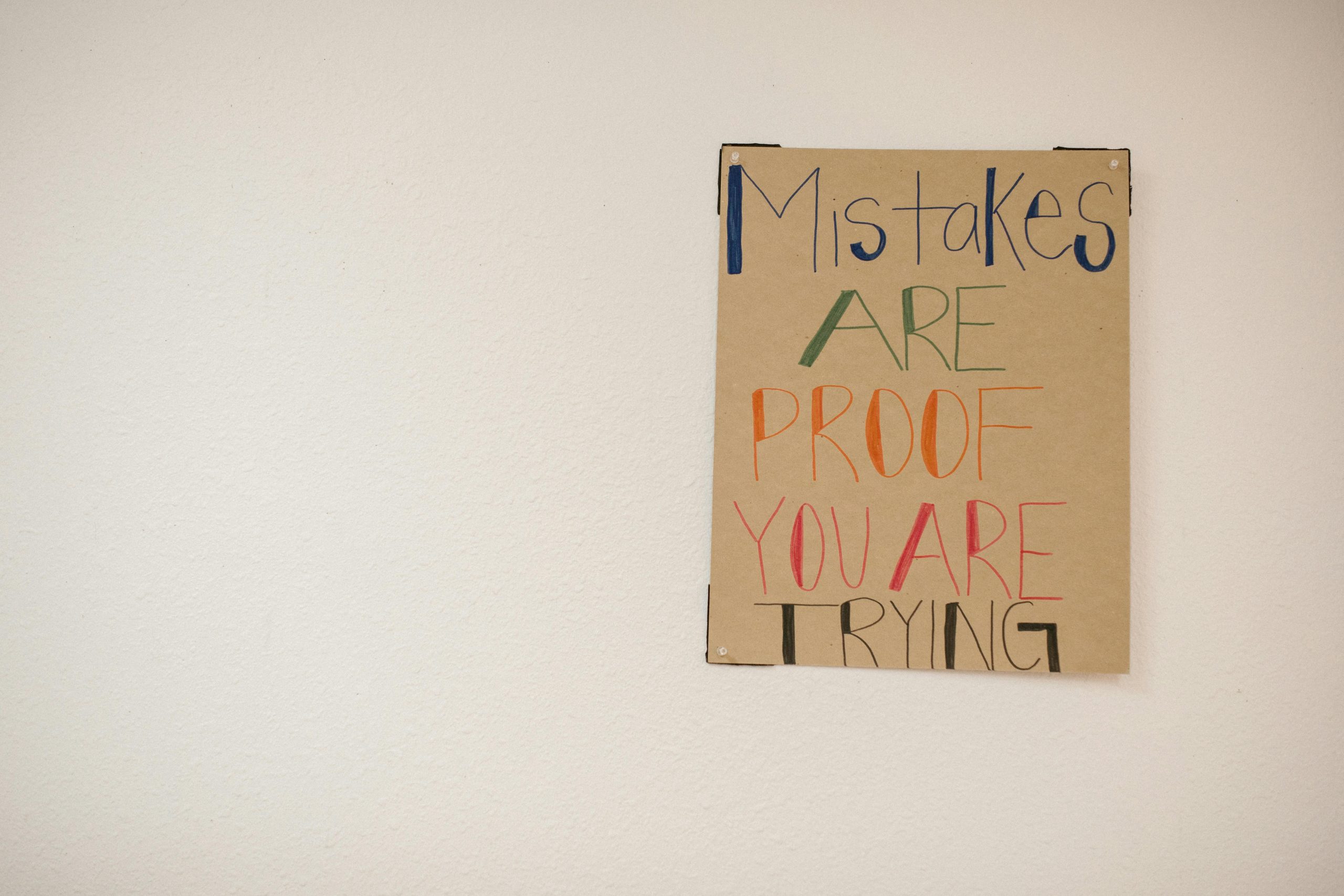UPDATE AGAIN! In the AI copyright war, California federal judge Vince Chhabia throws a huge curveball – this ruling IS NOT what it may seem! In a stunning double-reverse, his ruling would find FOR content creators on copyright and fair use, but dumps these plaintiffs for building their case wrong!
Legal Update: California Court Signals Shift in AI Copyright Battles
In a recent development from the federal courts in California, District Court Judge Vince Chhabria has issued a nuanced ruling that could significantly influence the ongoing legal disputes surrounding AI training and copyright law. While the decision appears at first glance to favor content creators’ rights, a closer look reveals complexities that could reshape the trajectory of future cases in this domain.
Understanding the Ruling: A Double-Reverse in Perspective
Judge Chhabria’s decision in Kadrey et al. v. Meta Platforms, Inc. — and notably misnamed in some discussions as “Chhabia” — has sparked widespread discussion among legal experts and industry insiders. Contrary to some initial interpretations, the ruling does not outright dismiss the possibility of copyright infringement in AI training. Instead, it recognizes that training large language models (LLMs) should, in principle, constitute a form of copyright infringement, given that the process involves extensive copying of copyrighted material.
However, the judge also finds that the plaintiffs, who sought to prove that AI training infringed upon their rights, failed to present their case correctly. Specifically, they pursued certain legal theories and evidence that the court deemed insufficient. As a result, the court essentially rules for content creators “in spirit,” acknowledging the harm but dismissing the case on procedural and evidentiary grounds. This nuanced position marks a notable departure from recent cases like Bartz v. Meta, with which it has a sharply contrasting reasoning.
Key Security Points in the Ruling
One of the most innovative aspects of Judge Chhabria’s opinion is the introduction of the concept of “market dilution” or “indirect substitution.” This theory suggests that even if the AI-generated output isn’t a close copy, it could still harm the original content creators’ markets if it produces outputs that are “similar enough” to compete or displace the original works. The court emphasizes that harm to market potential is central to fair use analysis and that ongoing AI models may pose significant risks in this regard.
Importantly, the ruling highlights that the AI training process—specifically the scraping or copying of copyrighted materials—may constitute copyright violation unless proper licensing agreements are in place. While the outputs of LLMs may not contain substantial verbatim matches, the court indicates they could still threaten the economic interests of original content creators, especially if the outputs serve as direct substitutes.
What Does This Mean for AI and Content Creators?
This decision provides a














Post Comment